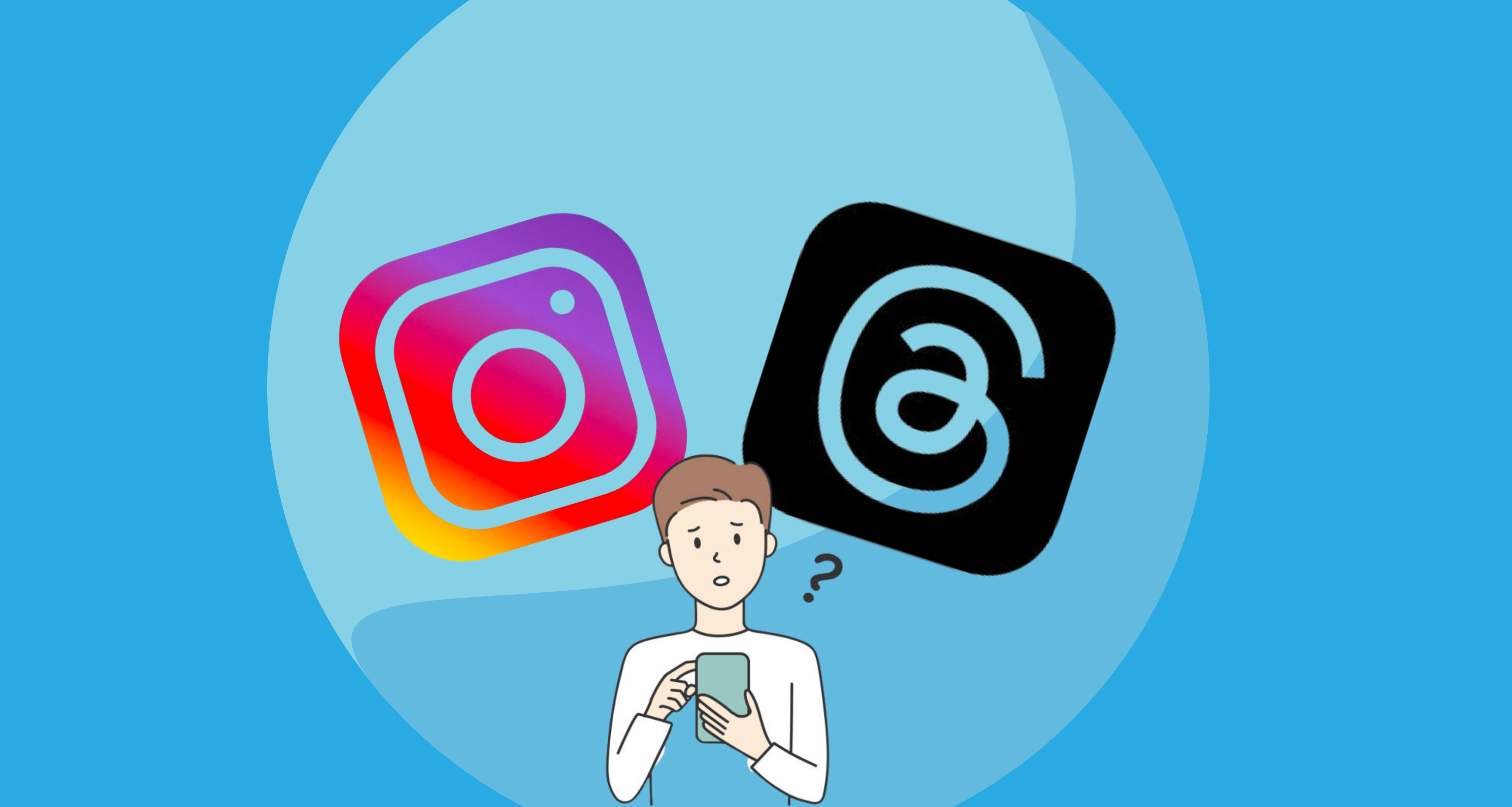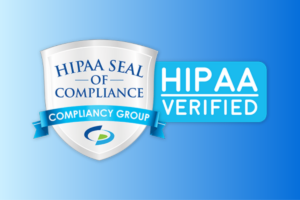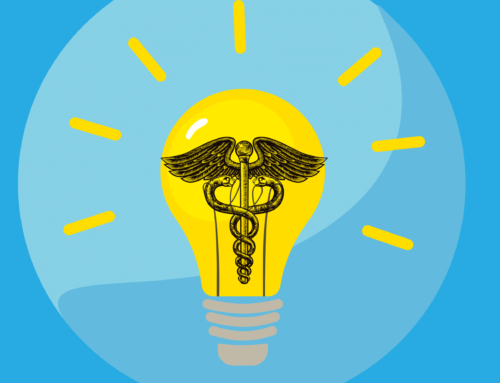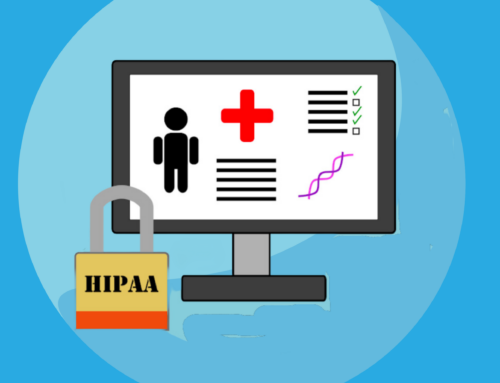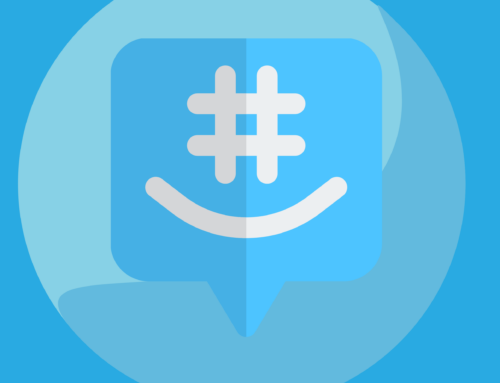Instagram is a wildly popular social media platform that allows users to share photos and videos with their followers. Its vibrant filters, engaging stories, and diverse community have become a go-to app for many individuals worldwide. However, Instagram and HIPAA compliance becomes the downfall of the beloved app; despite its widespread use and appeal.
Instagram and HIPAA: Why the App Falls Short of HIPAA Compliance
HIPAA, or the Health Portability and Accountability Act, sets strict standards for protecting sensitive patient information in the healthcare industry. We will explore why Instagram fails to meet these requirements and how the newly released app “Instagram Threads” further exacerbates this issue.
1. Lacking Proper Data Encryption Measures
Encryption is crucial for safeguarding protected health information (PHI) as it ensures that information transmitted between devices remains secure and inaccessible to unauthorized individuals. Unfortunately, Instagram does not provide end-to-end encryption for messages or posts shared on its platform. This means that hackers or unauthorized third parties can intercept private conversations or personal health information exchanged via direct messages.
2. Privacy Settings Insufficient to Maintaining Patient Privacy
While the platform offers some options for who can view your profile and posts, these features are primarily designed for general social interactions rather than protecting sensitive medical information. Additionally, even if you set your account to private mode, there is still a risk of accidental disclosure since people can take screenshots or save photos without your knowledge or permission.
3. Terms of Service
Instagram’s terms of service grant the company extensive rights over user-generated content posted on the platform. By agreeing to these terms, users effectively give Instagram permission to use their photos and videos in various ways – including advertising and promotional campaigns – without compensating them or obtaining additional consent. This lack of control over personal data raises concerns regarding patient privacy in healthcare contexts where confidential images may be used for commercial purposes.
4. Refusal to Sign a Business Associate Agreement
Instagram lacks HIPAA compliance due to its failure to sign a Business Associate Agreement (BAA). This agreement is crucial for protecting the privacy and security of individuals’ health information under HIPAA. Without a BAA in place, Instagram cannot be considered a safe space for healthcare providers or organizations to share sensitive patient data. The absence of this document raises concerns regarding the potential unauthorized access or use and disclosure of PHI.
The Rise of Instagram HIPAA Violations: Instagram Threads
Now let’s turn our attention to a new interaction between HIPAA and Instagram, the new app “Instagram Threads.” This serves as a companion app to Instagram. At first glance, Instagram Threads seems harmless – just another messaging app within the Instagram ecosystem.
However, red flags start popping up when we delve deeper into its functionality and privacy implications.
HIPAA ensures that healthcare providers protect sensitive patient information. Unfortunately, Threads fails to meet these stringent requirements due to its inherent design flaws. While Threads aims to enhance communication and connection among close friends, it suffers from similar HIPAA Instagram violations as its parent platform.
With features such as:
- Auto-Status Updates
- Location Status
- Battery Life
- Current Speed
Threads raises concerns about patient privacy and protected health information when used within healthcare settings.
For instance, imagine a scenario where a medical professional uses Threads to update their colleagues on their availability during an emergency situation. The automatic sharing of location and other personal information could potentially compromise both the physician’s safety and the confidentiality of patient data. Moreover, if these auto-updates were accidentally shared with unauthorized individuals or stored on insecure servers, they could pose a significant risk to patient privacy and security.
Ultimately, the goal should be to leverage the potential benefits of social media in the healthcare industry without compromising patient privacy. By actively working towards HIPAA compliance and prioritizing patient confidentiality at every step, we can create a safe and secure digital environment where healthcare professionals can communicate effectively while protecting sensitive patient information. Through collective efforts from users, developers, and regulatory bodies, social media can become a valuable tool in the healthcare industry while upholding strict data protection measures.
